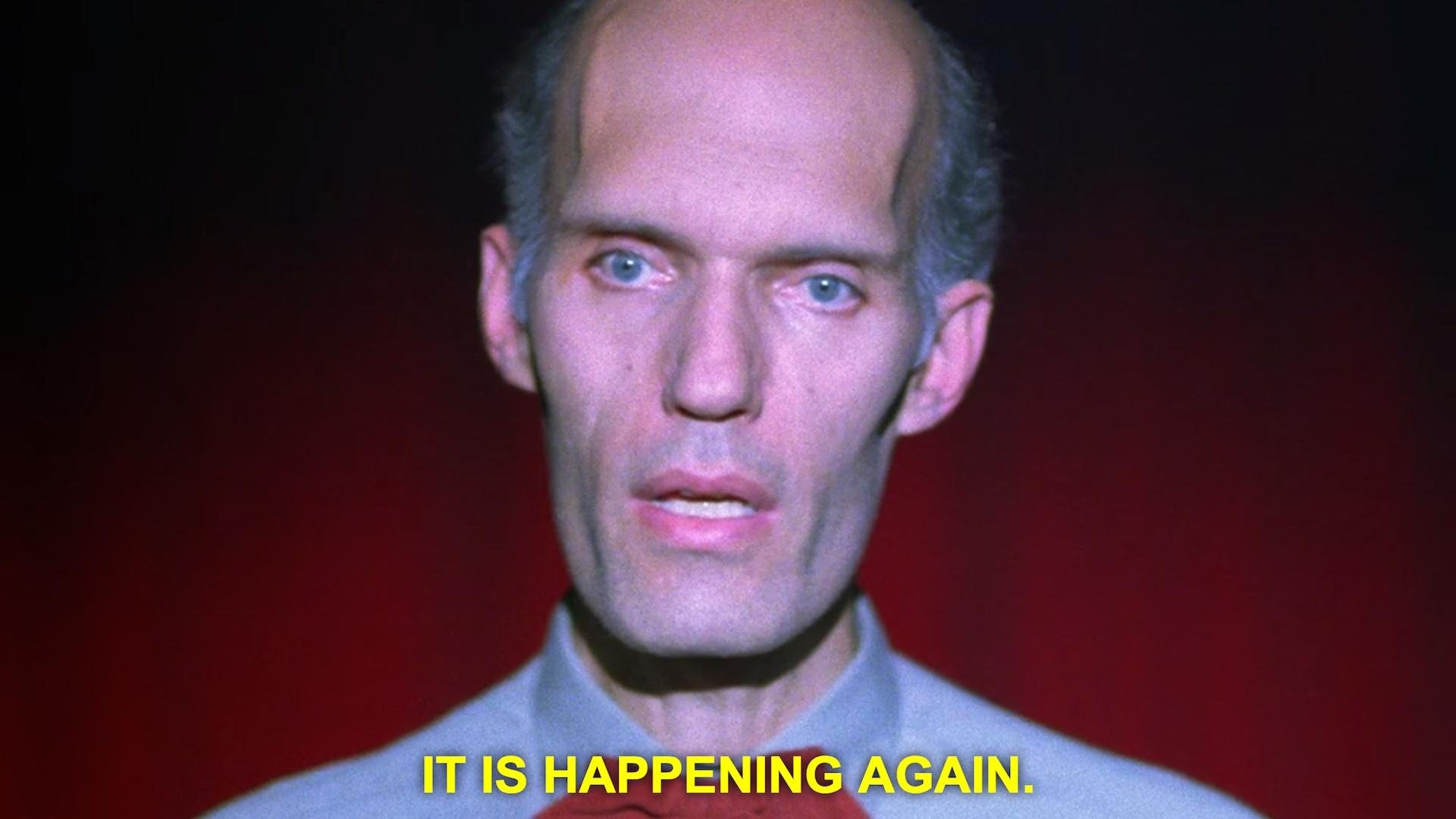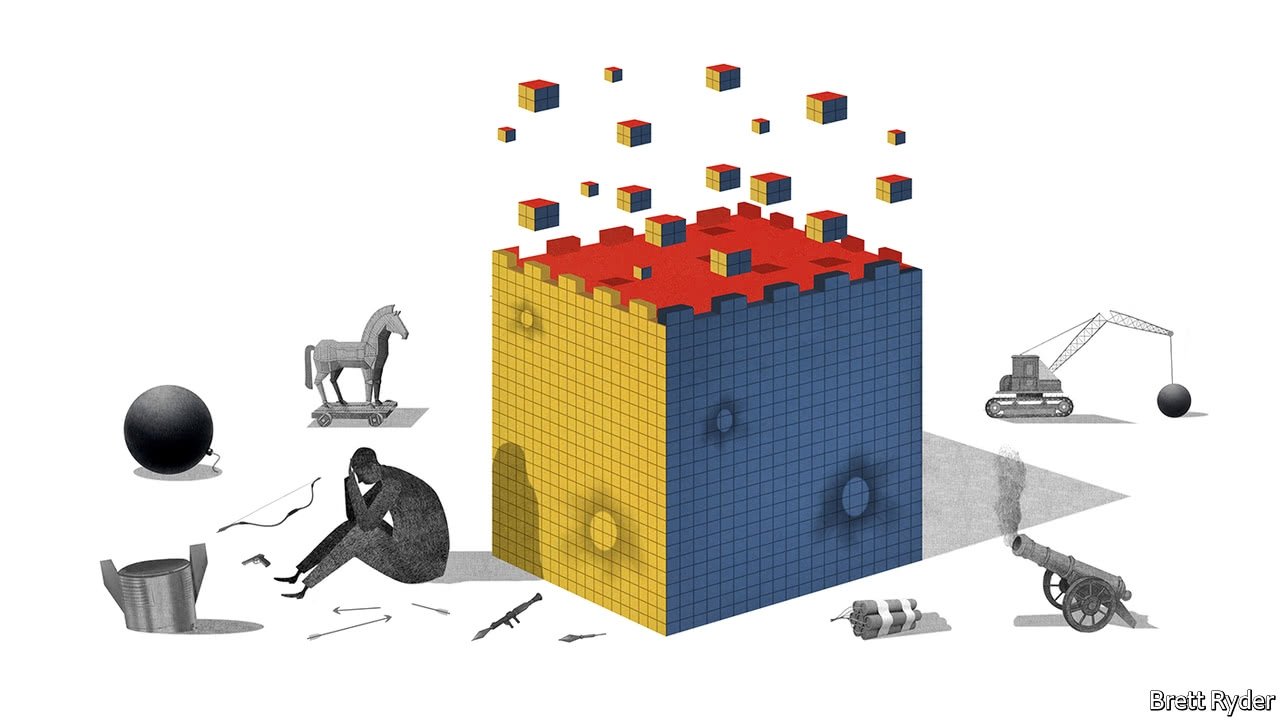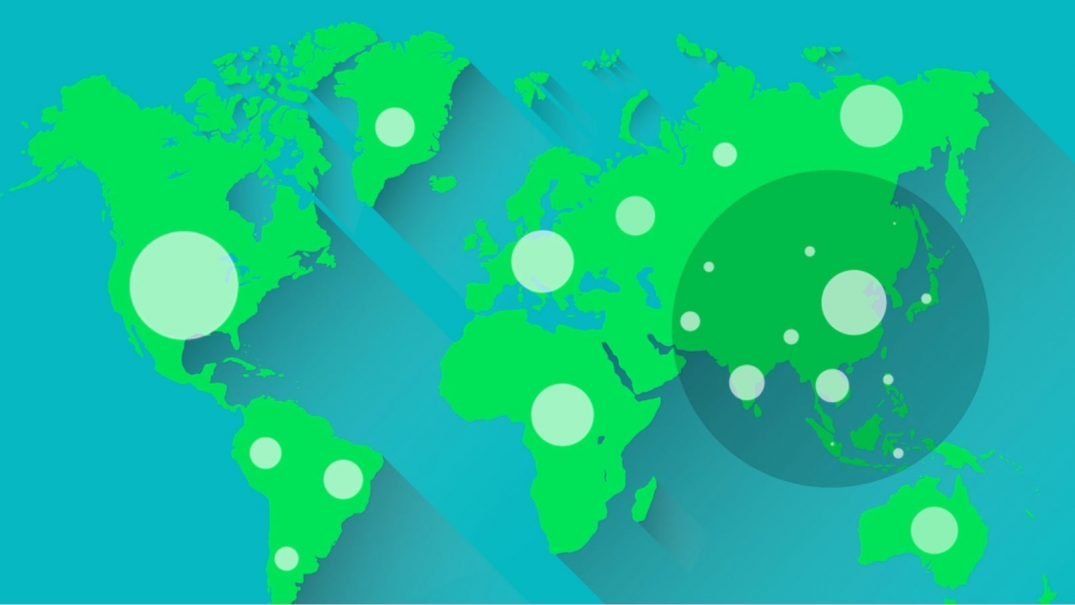
Wealth is much like the energy in the universe. It cannot be created or destroyed but rather change from one form to another. Many cryptocurrency and blockchain enthusiasts believe that one day the whole thing will collapse and their crypto gains will be massive. This scenario is highly unlikely because major financial institutions have already invested heavily in cryptocurrencies beyond the average user thought it would be a good idea. This is not only evident from the latest growth of the total crypto market cap but also from the periodical announcements of governments getting involved with Bitcoin technologies.
Any sensible investor knows how to diversify. Our economic system has been the same more or less for quite some time now because capitalism, in all its good and bad shapes, is really an antifragile idea. Currencies might come and go, empires rise and fall but the economic sentiment of competition and free-market is very much kept alive and growing. There is a belief that the elite keep the show going but behavioral and political evidence show otherwise. It is not the outspoken billionaires, the dreadful 1% that holds everything together but rather the 99% that maintains this system with its democratic power. Even in the crypto world we know already that there is no such thing as equality (yet) even if many have envisioned it (e.g with EOS). In all likelihood our economic system will remain much the same post-crypto era. The only difference is that it will be more efficient due to the usage of blockchain technologies.

For those not yet aware of the impact of such technological shift in economies take a look at Steemit. Every possible transaction that will ever be made, will be recorded, forever. Anything you say, any time you login, from wherever you login will be imprinted forever on a given blockchain. This of-course will make banks more responsible in regards to their dealings but it will also give them power of leverage over those who are weaker. It won't stop them from acting as central authorities, either by issuing financial trading bots in various networks or flooding the blockchain with proxy accounts that make tracking impossible. They will use their current investments to shape the ground which they will be stepping in. The game will always have loopholes to be explored. The only difference is that only a handful will have the technical knowledge to pull it off. This will create an even greater power gap.
I never favored conspiracy theories for 3 simple reasons. One is that I think the government is pretty much incapable of doing anything. Second, correlation is not causation and the vast majority of conspiracy theories seem to be based on hearsay correlations. Third, all the material we get against them might as well be fabricated with specific intentions. We simply cannot know. Either way, whatever we assume about the power of governments will fall short in our own narrative.
I try to pretty careful with my logical deductions when it comes to major issues such as a transference between economic systems. History, is perhaps the best teacher in our case. Even though the historical record is often written from the winners, all historians agree that a system never collapsed for another one to come and replace it. Take for example the French Revolution which it is believed to be pivotal in human progress. It was supposed to take the power from the nobility and give it back to the people. It was a crazy idea for the time, even crazier than the blockchain. What happened instead was a shift of power from a few dickheads to a few more dickheads. Instead of labeling themselves "kings" they labeled them "unions" and the power, technically, belonged yet again to the "people". Today, Unions rule France and many other western nations with an unparalleled political and economic power. Much like kings, they decide who gets what and when.
The only important question in hand after an economic shift is where will the money end up. My bet, as with many of you, is cryptocurrencies. There will be a massive surge in an attempt from investors to "save" their money but as more and more banks get on board with technologies such as Ripple, the situation will stabilize. Networks between coins will start to form and people will start grouping under them. Countries with physical borders might become obsolete but digital borders will be very much alive. Already countries like India are moving into a digital form of money. We have witnessed such as an event when the Ethereum blockchain decided to split. We are witnessing a clash now with Bitcoin and Bitcoin Cash. The debates between them look very much like civil war discussions.
 source
source
In the past when such rivalries took place, heads where detached from the bodies and blood was spilled. As technology progressed, prevailing over rivals became much more creative. A bullet, poison gas, nuclear bomb. War had its peak with WW2. After that, even when we take into consideration popular news fear mongering, things have been de-escalating. Wars have been reduced to small guerrilla fights and countries dismantle armies mostly economically rather than using primarily troops. In other words physical violence is used more and more sparingly. Eventually, and along the economic shift, wars will be fought on networks among hackers and bankers rather than soldiers. Most deaths today from wars do not occur as a result of weapons but rather as an economic aftermath.
The belief that the system will collapse stems primarily from people who group events and ideas into a correlational matrix. We are all opportunists. We all seek profit. Some events just happen. Ethical responsibility shifts autonomously from one person to another. When the surviving Nazis were called to testify for their actions they said that they didn't feel guilty because they were following orders. It was the 'reality' of the day. Those were the economic and political parameters. A soldier feels like he follows a general. A general believes he follows a politician. A politician feels the people have elected him to take decisions for them. The people feel that everyone is an asshole except themselves because "it is not really what they wanted". Humans have a very passive way shifting the blame from one to another. Most of humanity's atrocities happened due to personal responsibility hovering in limbo.
In much the same way investments that shift from one sector to another — with no definitive causal pattern are combined — create a free-market paradigm that sets in motion our current economic shift. Economic bubbles happen because people under-estimate the concept of value. Value though is indifferent to human speculation. Many people want to see the entire system collapse, in order to feel justify but really — this won't serve anybody. Many of the big players which many crypto-fans are depended upon have already spread their wings in many FIAT sectors. This is why they avoid being political about their movements. They understand that for this change to take place, everyone has to slowly get onboard. Be happy that nothing will collapse. In all likelihood, if it happened, you wouldn't make it out alive.

